Interpreting The Parables (Revised)
$46.99
Abbreviations
Preface
1. Introduction
1.1 The Previous Scholarly Consensus
1.2 The Sizable Minority Report
1.3 Newest Developments
1.4 The Scope And Outline Of This Book
Part One: Methods & Controversies In Interpreting The Parables
2. Parable & Allegory
2.1 The Current Debate: Two Main Approaches
2.1.1 Parable Vs. Allegory
2.1.2 Parable As Allegory
2.2 Evaluating The Debate
2.2.1 Contemporary Literary Criticism
2.2.2 The Rabbinic Parables
2.3 Conclusions
3. Form Criticism & The Parables
3.1 Classical Form Criticism
3.1.1 The Method
3.1.2 Critique
3.2 Hypotheses Of The Guarded Tradition
3.2.1 Memorizing Jesus Teachings
3.2.2 New Insights Into Oral Folklore And Social Memory
3.3 Conclusions
4. Redaction Criticism Of The Parables
4.1 Positive Contributions
4.1.1 The Illustration Of Distinctive Themes
4.1.2 The Significance Of The Larger Contexts
4.2 Invalid Allegations
4.2.1 Misleading Parallels
4.2.2 Dictional Analysis
4.2.3 The Theology-History Dichotomy
4.2.4 Prophecy After The Event
4.2.5 Characterizing The Parables In Different Synoptic Sources
4.2.6 Mistaking Stylistic For Theological Redaction
4.2.7 Misrepresenting The Theology Of An Evangelist
4.3 Conclusions
5. New Literary & Hermeneutical Methods
5.1 The New Hermeneutic
5.1.1 The New View Of Metaphor
5.1.2 A Critique Of The New View Of Metaphor
5.2 Structuralism
5.2.1 The Ideology
5.2.2 The Method
5.2.3 Surface Structures
5.3 Poststructuralism/Postmodernism
5.3.1 Deconstruction
5.3.2 Reader-Response Criticism
5.4 Other Literary Approaches [au: FYI, Edited To Match Text.]
5.5 Conclusions
Conclusions To Part One
Part Two: The Meaning & Significance Of Individual Parables
6. Simple Three-Point Parables
6.1 The Prodigal Son (Lk 15:11-32)
6.2 The Lost Sheep And Lost Coin (Lk 15:4-10; Cf. Mt 18:12-14)
6.3 The Two Debtors (Lk 7:41-43)
6.4 The Two Sons (Mt 21:28-32)
6.5 Faithful And Unfaithful Servants (Lk 12:42-48; Mt 24:45-51)
6.6 The Ten Virgins (Mt 25:1-13; Cf. Lk 13:24-30)
6.7 The Wheat And The Tares (Mt 13:24-30, 36-43)
6.8 The Dragnet (Mt 13:47-50)
6.9 The Rich Man And Lazarus (Lk 16:19-31)
6.10 The Children In The Marketplace (Mt 11:16-19; Lk 7:31-35)
6.11 Conclusions
7. Complex Three-Point Parables
7.1 The Talents (Mt 25:14-30; Cf. Lk 19:12-27)
7.2 The Laborers In The Vineyard (Mt 20:1-16)
7.3 The Sower (Mk 4:3-9, 13-20 Pars.)
7.4 The Good Samarita
Additional Info
In the last century, more studies of the parables were produced than for any other section of comparable length in the Bible. The problem is that few students of the Bible have access to these studies. In this substantially new and expanded edition, Craig Blomberg surveys and evaluates the contemporary critical approaches to the parables–including those that have emerged in the twenty years since the first edition was published. The classic works of C. H. Dodd and Joachim Jeremias set the direction for nearly all further parable studies in this century. Embodied in both scholars’ approaches are at least two assumptions that, for the most part, have gone unchallenged: (1) Parables make one and only one main point. (2) Parables are not allegories. But can these assumptions be supported by the evidence? Challenging this view and making his own important new contribution to parable studies, Blomberg argues that within proper definitions and limits, the parables are in fact best seen as allegories. In support of this “minority report” concerning parable interpretation, Blomberg not only sets forth theoretical considerations but devotes attention to all the major parables, providing brief interpretations that highlight the insights to be gained from his distinctive method.
in stock within 3-5 days of online purchase
SKU (ISBN): 9780830839674
ISBN10: 0830839674
Craig Blomberg
Binding: Trade Paper
Published: September 2012
Publisher: InterVarsity Press
Print On Demand Product
Related products
-
Prayer
$18.00Renowned pastor and New York Times bestselling author of The Songs of Jesus Timothy Keller explores the power of prayer.
Christians are taught in their churches and schools that prayer is the most powerful way to experience God. But few receive instruction or guidance in how to make prayer genuinely meaningful. In Prayer, renowned pastor Timothy Keller delves into the many facets of this everyday act.
With his trademark insights and energy, Keller offers biblical guidance as well as specific prayers for certain situations, such as dealing with grief, loss, love, and forgiveness. He discusses ways to make prayers more personal and powerful, and how to establish a practice of prayer that works for each reader.
Dr. Keller’s previous books have sold more than one million copies. His Redeemer Presbyterian Church is not only a major presence in his home base of New York, it has also helped to launch more than two hundred fifty other churches in forty-eight cities around the world. His teachings have already helped millions, the majority of whom pray regularly. And with Prayer, he’ll show them how to find a deeper connection with God.
Add to cart3 in stock
-
Rabbit Has A Party
$9.99Join Rabbit and Mouse and all their woodland friends as they learn an important lesson about forgiveness. Perfect for Easter baskets, birthdays, or for any day of the year!
It’s springtime and Rabbit wants to have a party for all the friends. Mouse is a ‘not so helpful’ helper who gets into trouble because of an appetite for cupcakes. Join them and ll their woodland friends as they learn an important lesson about forgiveness.
Add to cart2 in stock

 You Can Count On God (Large Type)
You Can Count On God (Large Type)
 Youre Special ESV 25 Pack
Youre Special ESV 25 Pack
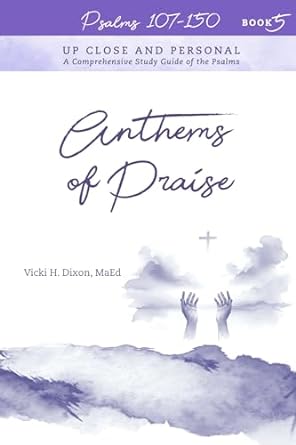 Anthems of Praise: Psalms 107–150
Anthems of Praise: Psalms 107–150
 Art Of Living In Season
Art Of Living In Season
 Bible Promises For Hope And Courage Pamphlet
Bible Promises For Hope And Courage Pamphlet
 Imitation Gemstone Bead Stretch (Bracelet/Wristband)
Imitation Gemstone Bead Stretch (Bracelet/Wristband)
 God Is With You Every Day
God Is With You Every Day
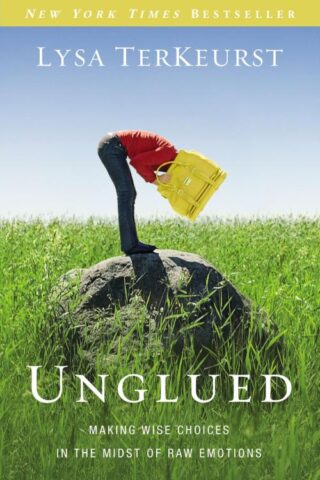 Unglued : Making Wise Choices In The Midst Of Raw Emotions
Unglued : Making Wise Choices In The Midst Of Raw Emotions
 Complete Bible Alexander Scourby
Complete Bible Alexander Scourby
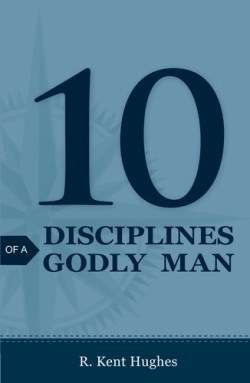 10 Disciplines Of A Godly Man
10 Disciplines Of A Godly Man
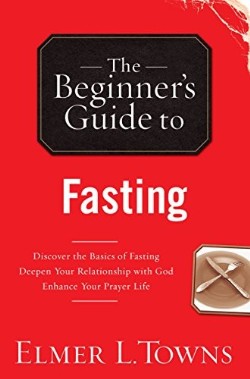 Beginners Guide To Fasting (Reprinted)
Beginners Guide To Fasting (Reprinted)
 Birthday Blessed And Bright
Birthday Blessed And Bright
 40 Days With David
40 Days With David
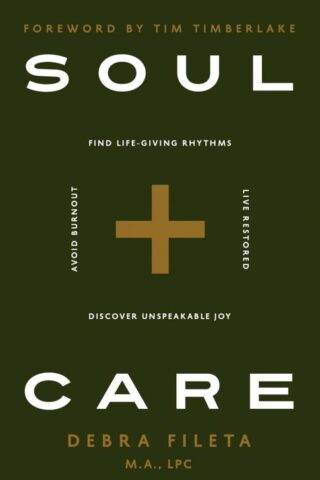 Soul Care : *Find Life-Giving Rhythms -Live Restored - Avoid Burnout - Disc
Soul Care : *Find Life-Giving Rhythms -Live Restored - Avoid Burnout - Disc
 Compact Giant Print Bible Filament Enabled Edition
Compact Giant Print Bible Filament Enabled Edition
 Cherished Girl Wonderfully Made Lilies (T-Shirt)
Cherished Girl Wonderfully Made Lilies (T-Shirt)
 Counseling For Family Violence And Abuse
Counseling For Family Violence And Abuse
 Thinline Bible Large Print Comfort Print
Thinline Bible Large Print Comfort Print
 French Cross Wall Hook
French Cross Wall Hook
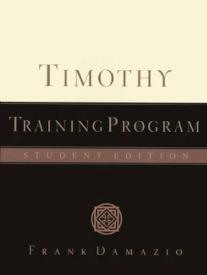 Timothy Training Program Student Edition (Student/Study Guide)
Timothy Training Program Student Edition (Student/Study Guide)
 Americas Patriotic Freedom Train
Americas Patriotic Freedom Train
 They Did What? Old Testament
They Did What? Old Testament
 Gift And Award Bible
Gift And Award Bible

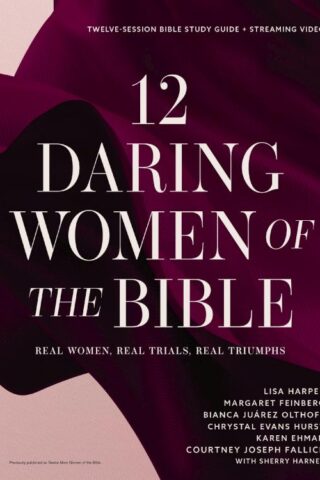
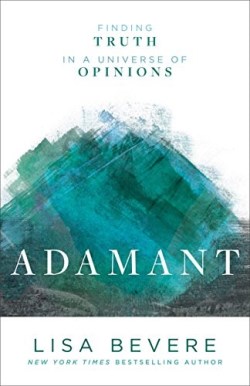
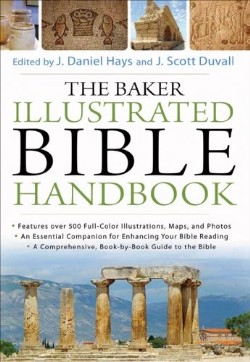
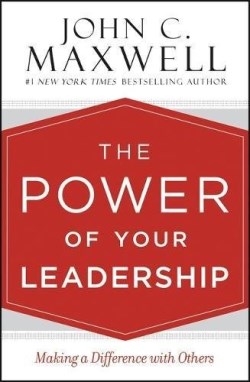
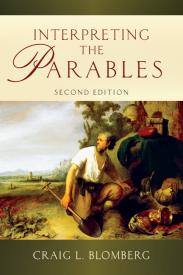
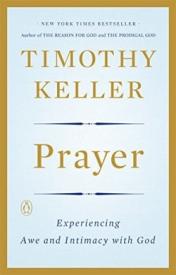

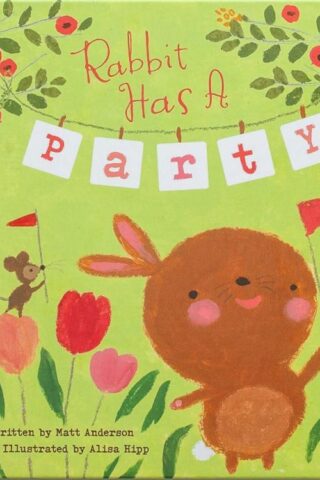
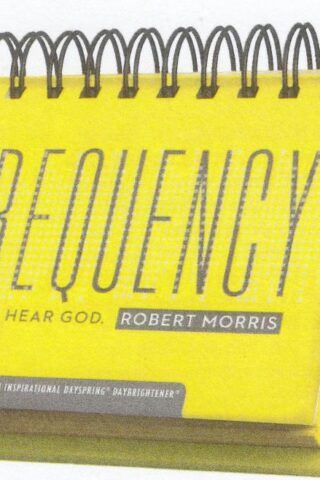




Reviews
There are no reviews yet.